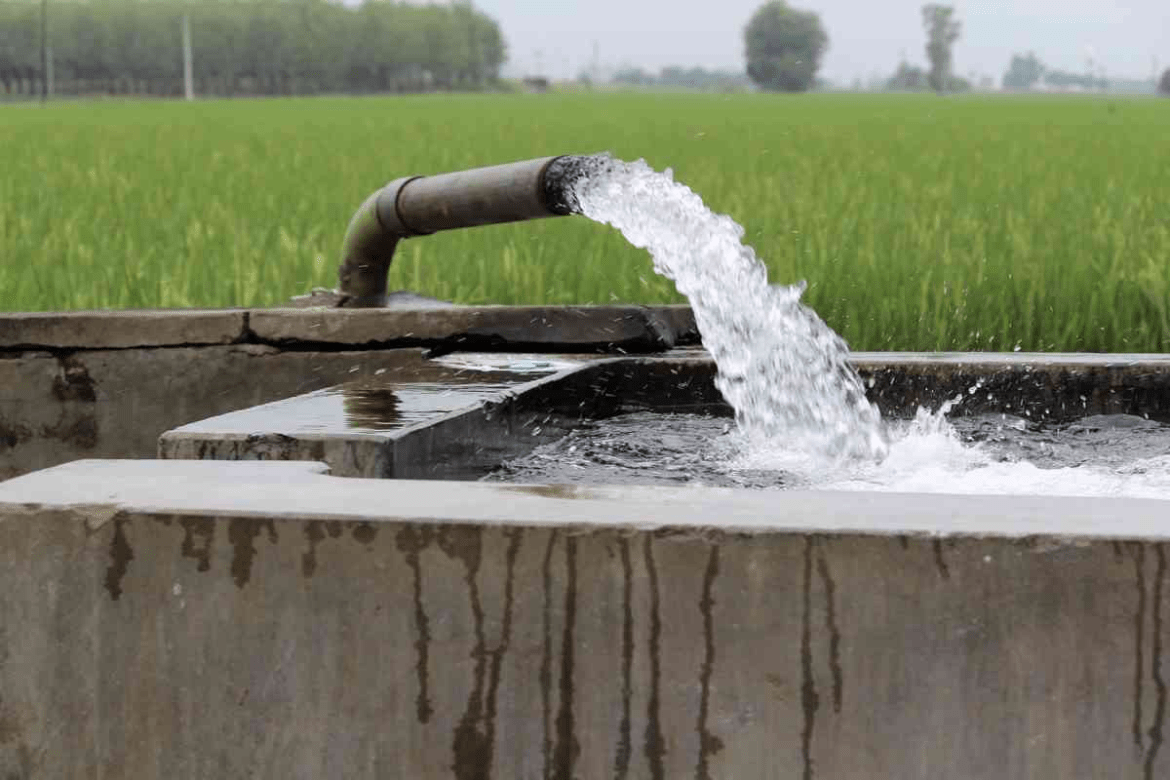AI Generated Summary
- According to statistics from the agriculture department, a staggering 85 percent of the cultivated area in Punjab is dedicated to rice cultivation.
- Punjab stands at a critical juncture where the need for crop diversification is paramount to combat the escalating groundwater crisis.
- Crop diversification is imperative not only to mitigate the groundwater crisis but also to ensure the long-term sustainability of agriculture in Punjab.
In Punjab, the relentless cultivation of rice has led to a precarious depletion of groundwater levels. Punjab, known as the breadbasket of India, witnesses the highest rate of land irrigation, with 80 percent of its area falling under the red zone category. Currently, the focus of farmers in Punjab remains predominantly on cultivating rice and wheat. Government and non-government reports stress the urgent need to introduce crop diversification in Punjab to address the declining groundwater levels. Farmers argue that a solution to this issue must be derived through political consensus.
It’s noteworthy that electricity is provided free of cost for agricultural purposes in Punjab. The government’s procurement of rice at Minimum Support Price (MSP) ensures good earnings for farmers. However, farmers are also troubled by the plummeting water table. The stagnation in Punjab’s crop cycle has hindered the sowing of new crops. Despite governmental assurances, attention to agricultural diversification remains minimal. According to statistics from the agriculture department, a staggering 85 percent of the cultivated area in Punjab is dedicated to rice cultivation.
The overemphasis on rice cultivation has resulted in a vicious cycle of groundwater exploitation. Rice is a water-intensive crop, exacerbating the strain on Punjab’s already dwindling water resources. While the government’s support through MSP procurement has been a boon for farmers’ incomes, it has inadvertently reinforced the dependence on rice cultivation. The cyclical pattern of rice cultivation further compounds the groundwater crisis, leaving little room for introducing alternative crops.
Crop diversification is imperative not only to mitigate the groundwater crisis but also to ensure the long-term sustainability of agriculture in Punjab. Introducing alternative crops that require less water could alleviate the pressure on groundwater reserves. Moreover, diversification could enhance soil health and reduce the reliance on chemical fertilizers, promoting eco-friendly agricultural practices.
Political parties must prioritize the issue of crop diversification and collaborate to formulate sustainable solutions. Addressing the groundwater crisis necessitates a holistic approach that integrates the perspectives of farmers, policymakers, and environmental experts. Encouraging farmers to diversify their crops by offering incentives, technical support, and market linkages could facilitate a smooth transition away from monoculture farming.
Furthermore, public awareness campaigns highlighting the environmental repercussions of excessive rice cultivation could foster a sense of responsibility among farmers. Embracing innovative farming techniques such as drip irrigation and conservation agriculture could also contribute to water conservation efforts.
Punjab stands at a critical juncture where the need for crop diversification is paramount to combat the escalating groundwater crisis. While government policies have traditionally favored rice cultivation, a paradigm shift towards sustainable agriculture is imperative for the socio-economic and environmental well-being of the region. By fostering collaboration between stakeholders and promoting agricultural innovation, Punjab can pave the way for a resilient and water-efficient farming future.




